News
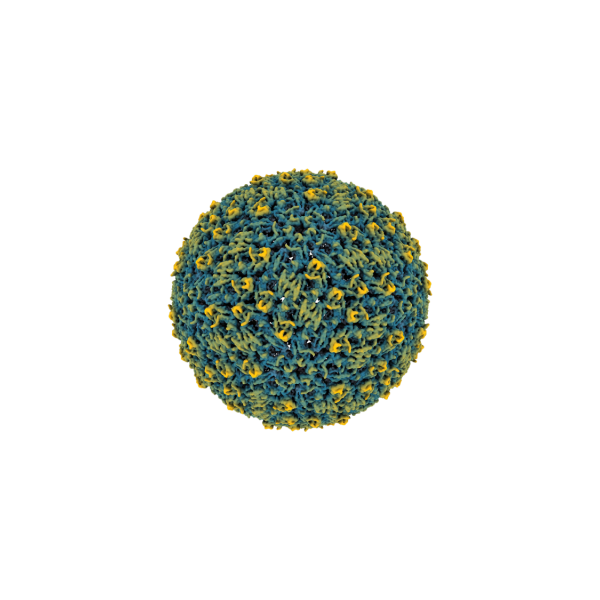
Jul 10, 2025
Structure of tick-borne virus revealed at atomic resolution for the first time
Rates of the Powassan virus infections — which can cause seizures and paralysis — are increasing across commonwealth, nation.
Full Article
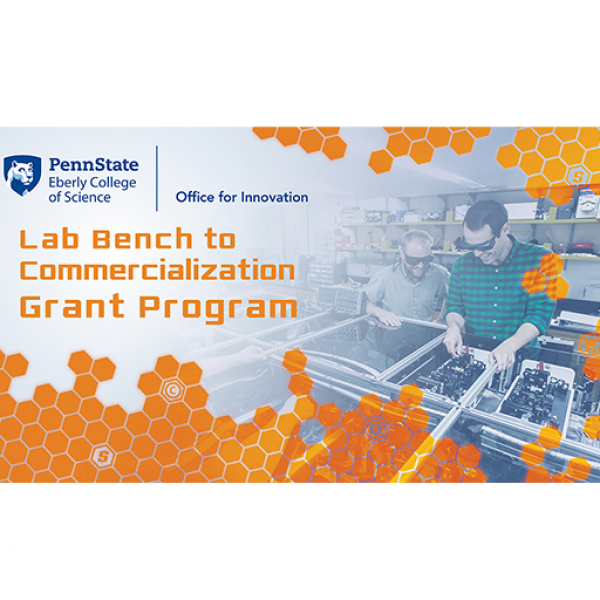
Jul 01, 2025
Lab Bench to Commercialization program broadens its scope
Eberly College of Science seed grant program to shift emphasis to earlier development of research, focusing on societal impact and career readiness.
Full Article
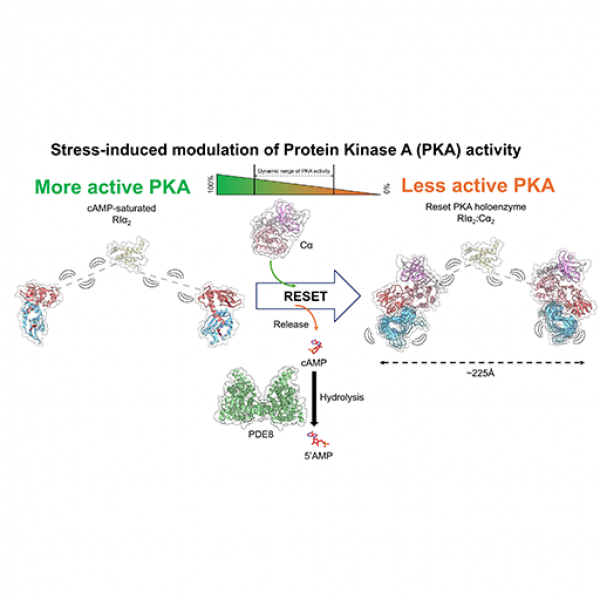
May 29, 2025
Resetting the fight-or-flight response
New study reveals mechanism responsible for resetting key molecular cycle involved in response to stress and starvation.
Full Article
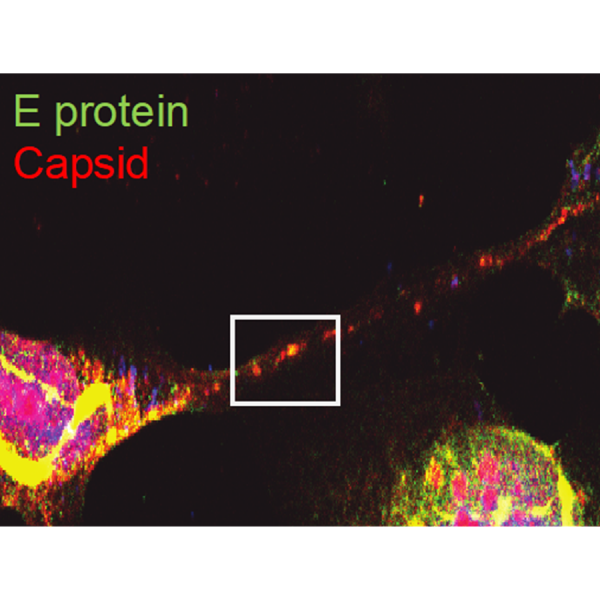
Mar 17, 2025
Tunnel-building virus: How Zika transmits from mother to fetus
A team of researchers from Penn State and Baylor College of Medicine found that the Zika virus builds tiny tunnels, called tunneling nanotubes, to stealthily transport material needed to infect nearby cells, including in placental cells.
Full Article
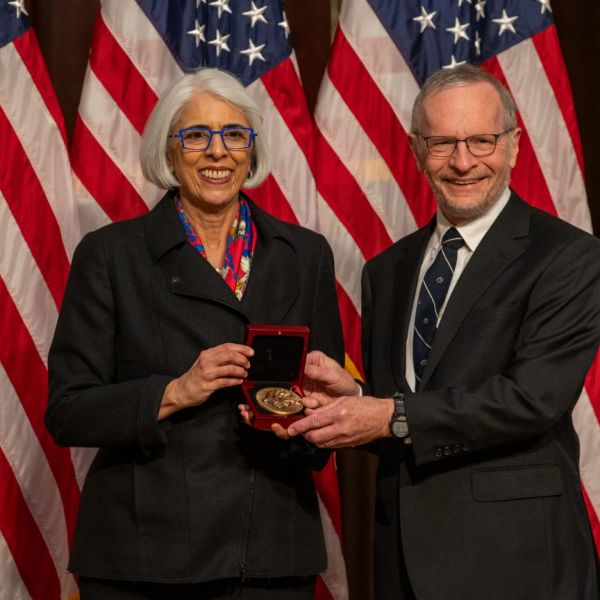
Jan 08, 2025
Alley awarded National Medal of Science, highest honor US bestows on scientists
Richard Alley, Evan Pugh University Professor of Geosciences at Penn State, was awarded the National Medal of Science at a White House ceremony on Jan. 3.
Full Article
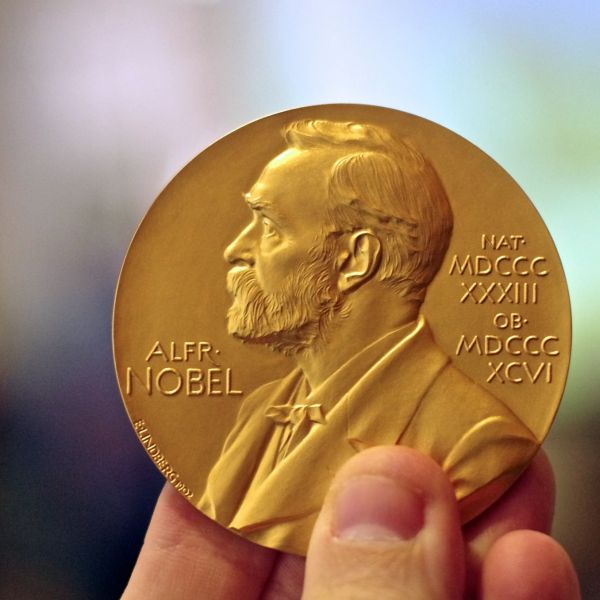
Oct 31, 2024
Huck researchers reflect on the 2024 Nobel Prize in Chemistry
This month, the Nobel Prize in Chemistry was awarded to three scientists credited with historic breakthroughs surrounding proteins and their structures. Three Huck researchers working on similar challenges chime in with their thoughts.
Full Article
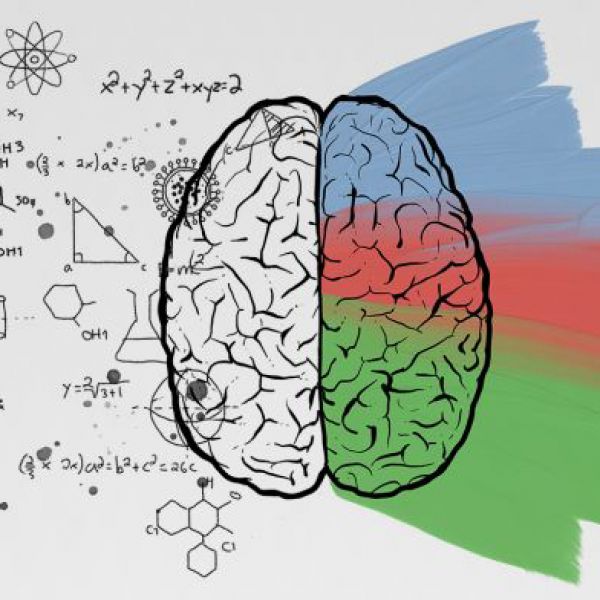
Sep 11, 2024
Three projects receive Huck Innovative and Transformational Seed Fund grants
Three potentially high-impact, high-risk research projects have been selected to receive seed funding for the latest round of the Huck Innovative and Transformational Seed (HITS) Fund initiative.
Full Article
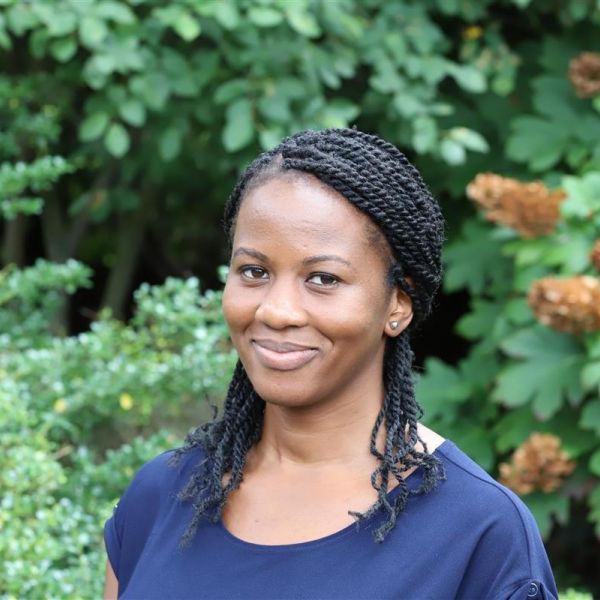
May 30, 2024
Denise Okafor named Huck Early Career Chair in Biophysics
Denise Okafor, assistant professor of biochemistry and molecular biology in the Eberly College of Science at Penn State, has been awarded a Dorothy Foehr Huck and J. Lloyd Huck Early Career Chair in Biophysics.
Full Article
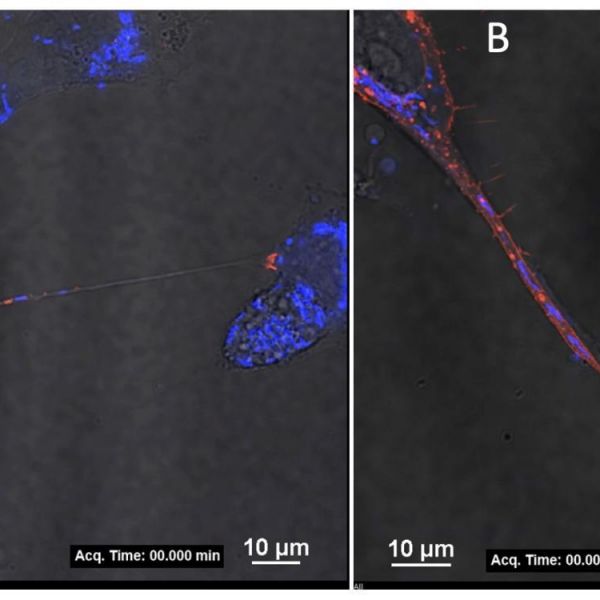
Feb 06, 2024
How does Zika virus replicate and transmit from mother to fetus?
In 2015, an outbreak of Zika virus, driven by a heavy rain season and subsequent boom in the virus’s host mosquito population, caused thousands of babies in Brazil to be born with severe birth defects.
Full Article
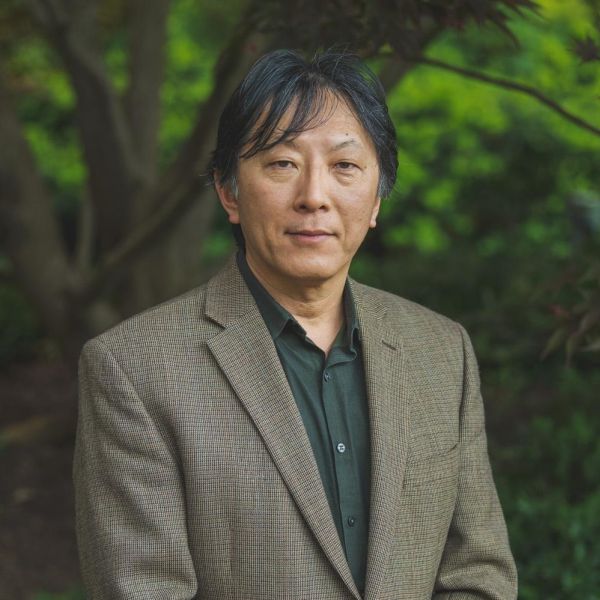
Oct 25, 2023
Biochemist selected as Innovation Fund investigator by Pew Charitable Trusts
Katsuhiko Murakami, professor of biochemistry and molecular biology at Penn State, has been selected as a member of the 2023 class of Innovation Fund investigators by the Pew Charitable Trusts.
Full Article